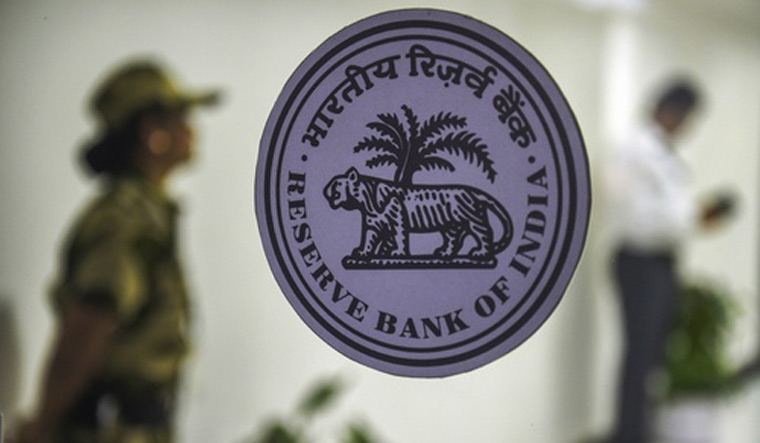The Reserve Bank of India (RBI) Monetary Policy Committee (MPC) voted to maintain an 'accommodative' policy stance in the economy, keeping the repo rate unchanged at four per cent. The reverse repo rate and bank rates were also maintained at 3.35 per cent and 4.5 per cent.
The markets were keenly watching the interest rates announcement, which comes against the backdrop of Budget 2022-23, inflationary concerns and evolving geo-political situations. The tensions between Russia and Ukraine continued to keep markets on the edge although there have been diplomatic efforts between major nations to defuse the tensions.
One of the biggest questions was whether the Reserve Bank would maintain the status quo on key policy rates, the first such after the presentation of the Union Budget for 2022-23. Small tinkerings were expected, with a possibility that the MPC could change the policy stance from 'accommodative' to 'neutral' and tinker with the reverse repo rate as part of the liquidity normalisation process. Further, there were valid opinions that, with the Central government prioritising growth, and there no longer being a need for higher liquidity in the market, the RBI could change its stance to neutral. But, that did not come to be.
The last MPC, held in December 2021, had kept the benchmark interest rate unchanged at 4 per cent and decided to continue with its accommodative stance against the backdrop of concerns over the emergence of the new coronavirus variant Omicron. It was the ninth time in a row that the rate setting panel had maintained the status quo.
There were numerous issues to consider this time around. State-owned Bank of Baroda in a research note said inflation remains worrisome. An uptick in Consumer Price Index inflation has been observed lately as it climbed up to 5.6 per cent in December 2021 from 4.9 per cent in November 2021. Given the spike in crude oil prices, along with increase in global commodity prices, these factors are likely to impinge on inflation. Further, once the state elections are over, inflation is expected to increase further as fuel prices are changed, the report said.




